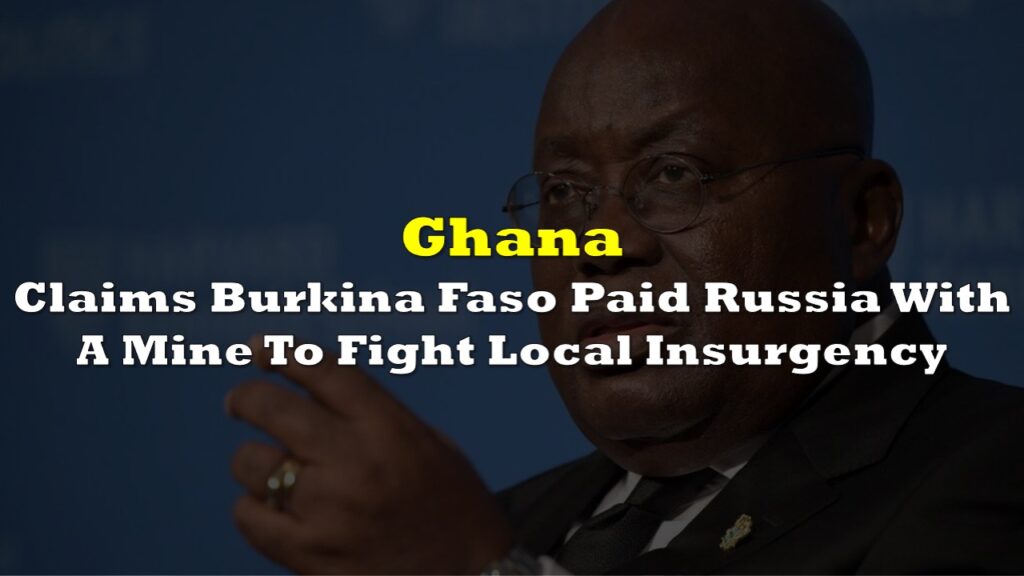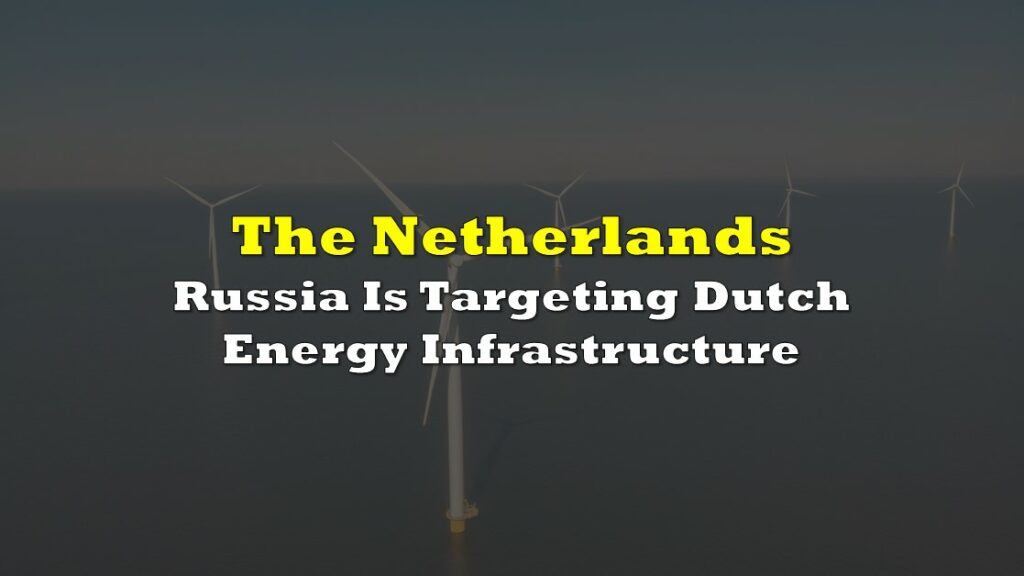Underlying Germany’s draft law that would essentially allow the government to bail out ailing energy companies like Uniper, there lies a measure that could potentially dictate the country’s local gas prices.
Berlin put forth a reform to the energy security law which would enable the government to aid energy firms struggling with rising prices through acquiring equity via trusteeship–in preparation for Russia potentially cutting off gas supplies to Germany via the Nord Stream 1 pipeline.
But the draft law also includes a clause that allows the firms a workaround on consumer protection laws to pass on the price to consumers.
“It’s about doing everything we can to maintain basic supplies through the coming winter and keep energy markets running as long as we can, despite high prices and growing risks,” said Economy Minister Robert Habeck.
The law also includes a stipulation for a gas price levy–a mechanism that targets sharing the cost of higher gas prices among all consumers and institutional users. This aims to avoid a certain group taking the whole brunt of rising costs.
German government said new gas rules approved by the cabinet aim to keep “market mechanisms" intact “as long as possible.” But “extraordinary ***price adaption*** regulations” could become necessary and be activated for a limited period and under strict conditions https://t.co/PvEvS5IOiX
— Javier Blas (@JavierBlas) July 5, 2022
The draft law, already approved by the government’s cabinet, is set for a vote in the country’s lower house on Thursday before going to the upper house on Friday.
In March, Berlin enacted the first part of the three-step emergency plan that includes early warning, alert, and emergency levels. The move comes after Russia demanded all its exports be paid in rubles as the Kremlin attempts to breathe life into the currency.
Then, the country activated the second step a month ago, which includes putting all market players, including TSOs and gas suppliers, under more pressure on judicial use of energy resources.
State interventions come in when the plan moves to the third and final step, which is expected to be triggered when “gas supply is insufficient to meet the remaining gas demand,” even after “all relevant market-based measures have been implemented.”
The city of Hamburg is already facing the possibility of having to ration hot water and limit heater usage–according to its environment senator.
In a scenario study released by the European country’s Federal Network Agency, only by reducing gas exports and keeping import levels from the Nord Stream 1 pipeline can the country achieve its set gas storage level goals.
Information for this briefing was found via Bloomberg and Politico. The author has no securities or affiliations related to this organization. Not a recommendation to buy or sell. Always do additional research and consult a professional before purchasing a security. The author holds no licenses.









